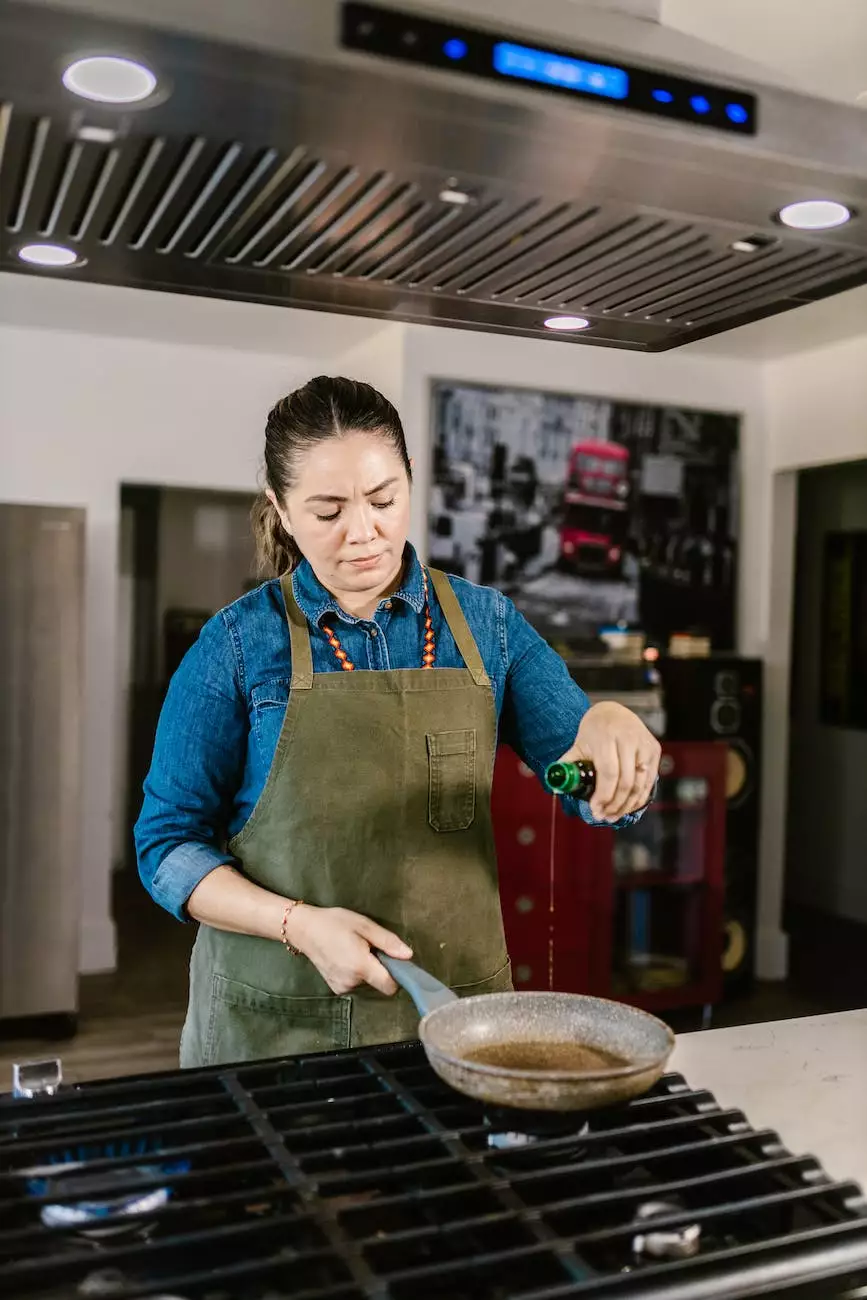What is Radon testing and should you, as a home buyer, consider it?
Blog
When it comes to buying a home, there are several factors that you need to consider for a safe and healthy living environment. One such factor that often goes unnoticed is Radon, a naturally occurring radioactive gas that can be found in homes and buildings. The Rudolph Team at Keller Williams Realty believes that it is crucial for home buyers to be aware of Radon and understand its implications.
The Basics of Radon
Radon is a colorless, odorless, and tasteless gas that is produced from the natural decay of uranium in soil, rock, and water. It can enter homes through cracks and openings in the foundation, and once inside, it can accumulate to dangerous levels. Radon is a known carcinogen, and long-term exposure to elevated levels of this gas can increase the risk of developing lung cancer.
Why is Radon Testing Important?
Radon testing is essential because it allows homeowners and home buyers to determine the levels of Radon in a property accurately. Even if a neighboring property has tested negative for Radon, it doesn't necessarily mean that your potential home is Radon-free. Every home is different, and various factors such as soil composition, ventilation, and lifestyle habits can influence Radon levels.
As a home buyer, it is crucial to consider Radon testing because exposure to high levels of Radon can have severe health implications for you and your family. By conducting a Radon test, you can understand the potential risks involved and take necessary measures to mitigate them.
How is Radon Testing Done?
Radon testing can be performed in two primary ways: short-term testing and long-term testing.
1. Short-term Testing
Short-term Radon testing involves placing passive Radon testing devices in the lowest level of the home for a specific period, typically between 2 to 7 days. These devices then measure the Radon levels and provide an average concentration. Short-term testing is a cost-effective way to get an initial assessment of the Radon levels in a property.
2. Long-term Testing
Long-term Radon testing is conducted over an extended period, generally more than 90 days, to obtain a more accurate representation of the Radon levels. This type of testing provides a better understanding of the seasonal variations and average concentration of Radon in a home.
Radon Mitigation
If a Radon test reveals high levels of Radon in a home you are looking to purchase, it doesn't necessarily mean that you have to walk away from the deal. Radon mitigation techniques can effectively reduce Radon levels and create a safer living environment.
Radon mitigation systems typically involve the installation of a ventilation system that can effectively draw Radon gas from below the foundation and expel it outside, preventing its accumulation indoors. A certified Radon mitigation professional can assess the property and recommend the most appropriate mitigation system based on its specific characteristics.
Cost of Radon Testing and Mitigation
The cost of Radon testing and mitigation can vary depending on various factors, including the location, size of the property, type of testing, and complexity of the mitigation system required. While the cost may seem like an additional expense, it is an investment in the health and safety of your family.
Short-term Radon testing generally costs between $100 to $250, while long-term testing can range from $200 to $500. Radon mitigation costs typically range from $800 to $1500, depending on the complexity of the system and the size of the property. It is essential to consult with certified professionals to get accurate cost estimates for your specific situation.
Take Action for a Healthy Home
As you embark on your home-buying journey, it is crucial to be well-informed about potential hazards such as Radon. The Rudolph Team at Keller Williams Realty understands the importance of a healthy home and provides comprehensive guidance to home buyers to make informed decisions.
Radon testing should be an integral part of your due diligence process when purchasing a home. By knowing the Radon levels, you can address any issues proactively, ensuring the safety and well-being of your family.
Remember, the quality of your living environment plays a significant role in your overall well-being. Don't compromise on the safety of your new home, and let the Rudolph Team at Keller Williams Realty assist you in making the best choices.










